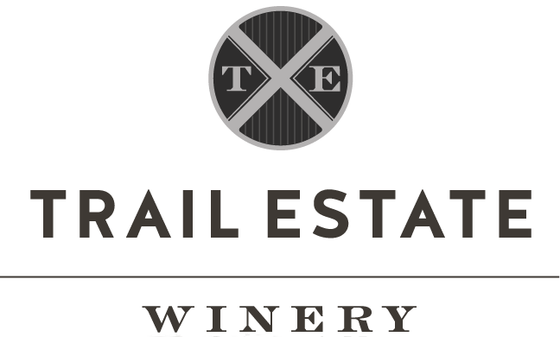The following is an excerpt from our July Wine of the Month Club.
Written by Mackenzie Brisbois.
What Does Organic Grape Growing Actually Mean?
I believe most people think organic means not sprayed and healthier. What it actually means is that the growers can only use products that are organically certified. These are products made without synthetic chemicals.
Is Organic Actually Better?
The short answer is yes. The long answer is, it depends. Grapes, along with most plants, require protection from diseases. Most of the protection is applied preventatively. As an organic grower in Canada, I can spray a lot of products into the environment that, in my opinion, are NOT GOOD! Bad for people, plants, animals and fungus. The other drawback is that most organic products wash off in the rain. If it rains more than an inch, I need to spray again. Conventional products can be rainfast and can move within the plant systemically – meaning when the plant grows so does the protection. With these drawbacks noted, why be organic?
We push towards organics because it is better than conventional.
At Trail Estate we are looked upon as a natural winery. If you know me at all, you know that I am not about to align myself with something — natural wine or organics, just because the market suggests it. I am committed to pushing the boundaries and constantly making better choices. These choices may or may not align with the common view in the market trends, but they will be careful and conscientious choices that look at the whole problem at hand. My approach in the vineyard is to choose the best products — most of which are organic.
This winter, cozying up in pandemic style, I had a lot of opportunity to research different organic and conventional options. I wanted to share some of my findings with you.
A Mix of Solutions
Leafhoppers — There are many different types of leafhoppers and they all cause damage to the vines. Too much damage and the plant can drop canopy and then you have no harvest.
Our Solution: I’ve planted a mixed cover crop with a small percentage of Chrysanthemums to help deter leafhoppers. In addition, I have been using a mineral oil to deter the leafhoppers. It has worked so far at keeping damage low, but I will not spray the oil anymore this year as it interferes with ripening. If I start to notice too much damage I will have to spray – either organically or conventionally. In both situations I’ll be killing.
Downy Mildew — this is a constant problem in grape growing and it needs to be controlled with a regular spray program.
Our Solution: I plan on reducing my rate of copper as they do in many of the European vineyards as well as using Cueva a few times. There is also a phosphoric acid product that is labelled organic in BC, but not in Ontario that I will use. It is mainly used when downy mildew gets out of control.
There are some organic products that strengthen the plants defensive system that
I use to replace copper.
I am also planting a little bit of alyssum in my cover crop as it helps with any copper that is in the soil.
County Chardonnay 2019 (Vintage 4)
Farmed almost organically! In 2019 I started transitioning from conventional to organic. I didn’t do too badly considering it was my first attempt, but I ended up missing a few things and needing to remedy the situation with a few conventional products. Overall, my spray program for the year was much healthier than in other years.
The Chardonnay was harvested at the start of October and pressed whole cluster. I put the wine straight to barrel (normally I put it to tank and rack it to barrel first). As all my wines I made use of wild-ferments and natural malo as well as minimal sulphurs at bottling only. No fining or filtering. I find the wine has fairly pronounced notes of grass or straw on the nose, but the palate shows plenty of citrus and peaches with a zippy acidity.
